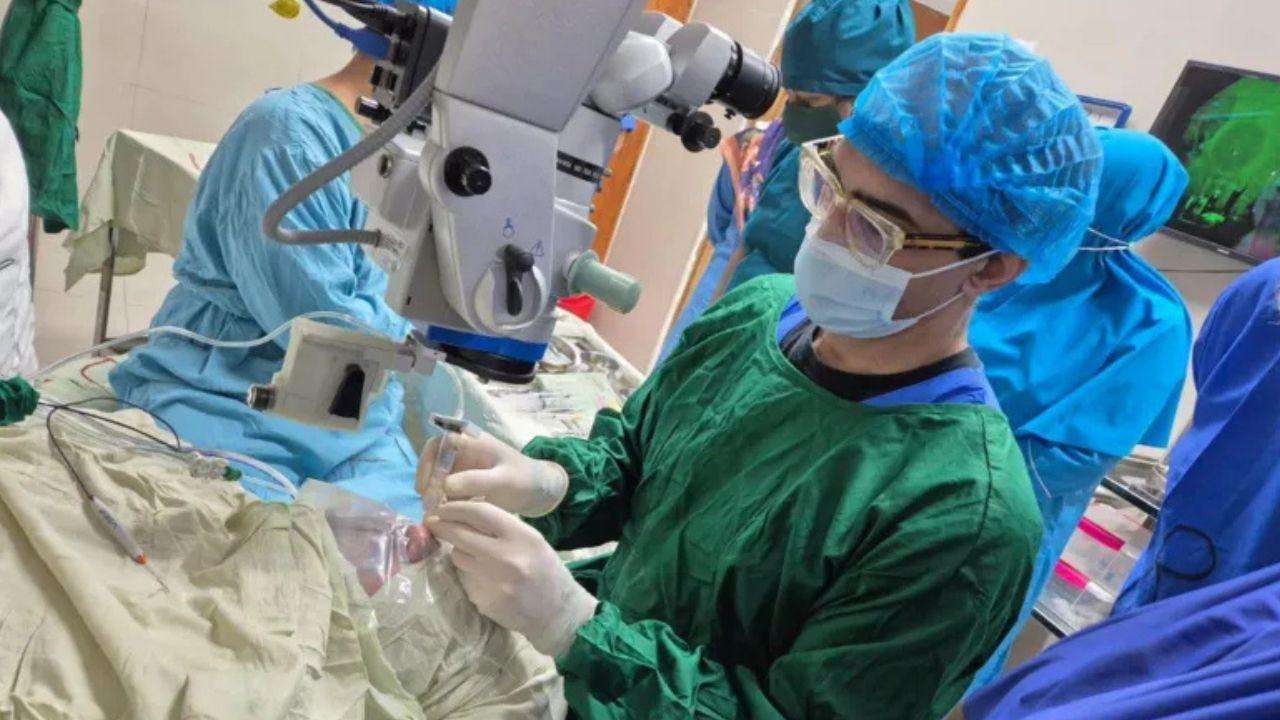Surgeons from a leading eye hospital in London have played a crucial role in restoring the vision of more than 20 Bangladeshi students who were injured during protests in the summer of 2024. Mahi Muqit and Niaz Islam, both consultant ophthalmologists at Moorfields Eye Hospital, traveled to Dhaka last month, where they examined 150 patients between the ages of 14 and 30.
These individuals had sustained gunshot injuries to their eyes while participating in demonstrations organized by the group Students Against Discrimination in July 2024. Most had received initial emergency treatment at the time of the protests.
Mr. Muqit, a senior vitreoretinal specialist at Moorfields, described the experience as deeply moving. "It was an honour to be invited to help these people, and an intense experience for all of us," he said. "It's such a privilege to be able to restore sight to people who have lived with vision loss for months."
Over the course of two days, the surgical team performed sight-saving operations on 24 of the most severe cases, responding to a formal invitation from Bangladesh’s interim government. For patients who didn’t require surgery, the specialists provided detailed rehabilitation plans to support their recovery.
Among the most striking cases was Rohan, a young man who had been shot in both eyes. One eye was deemed beyond repair, but surgeons successfully operated on the other, treating a retinal detachment and removing internal scarring. "We have every expectation that his vision will continue to improve as he heals," Mr. Muqit noted.
Another patient, Minhaj, aged 20, was found to still have bullets lodged in his eye nearly a year after the incident. He underwent surgery to remove the fragments and repair the resulting damage.
Overall, it is estimated that around 1,000 individuals suffered some form of eye trauma during the July 2024 protests. Approximately 700 received emergency care at the National Institute of Ophthalmology and Hospital (NIOH) in Dhaka.
The visit by the Moorfields team provided a significant boost to the ongoing recovery efforts and offered hope to many young people whose lives were dramatically affected by the violence.
_3.jpg)







.svg)



